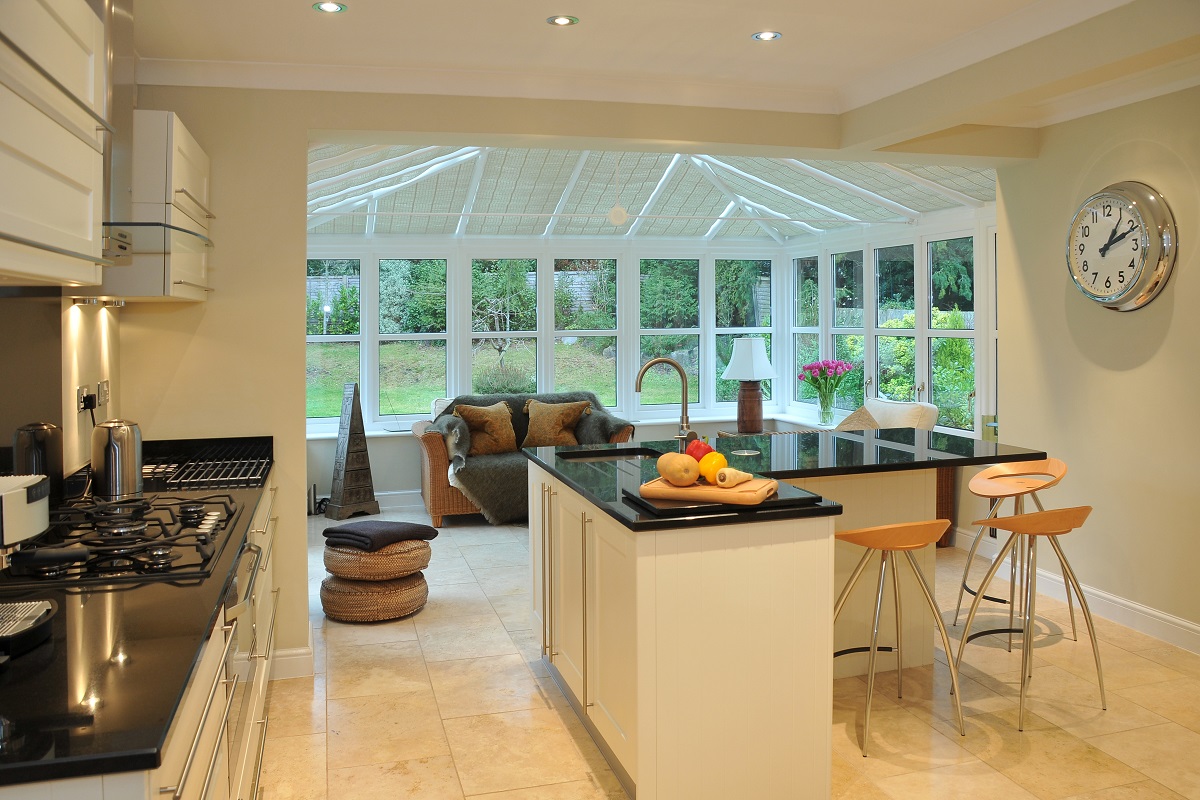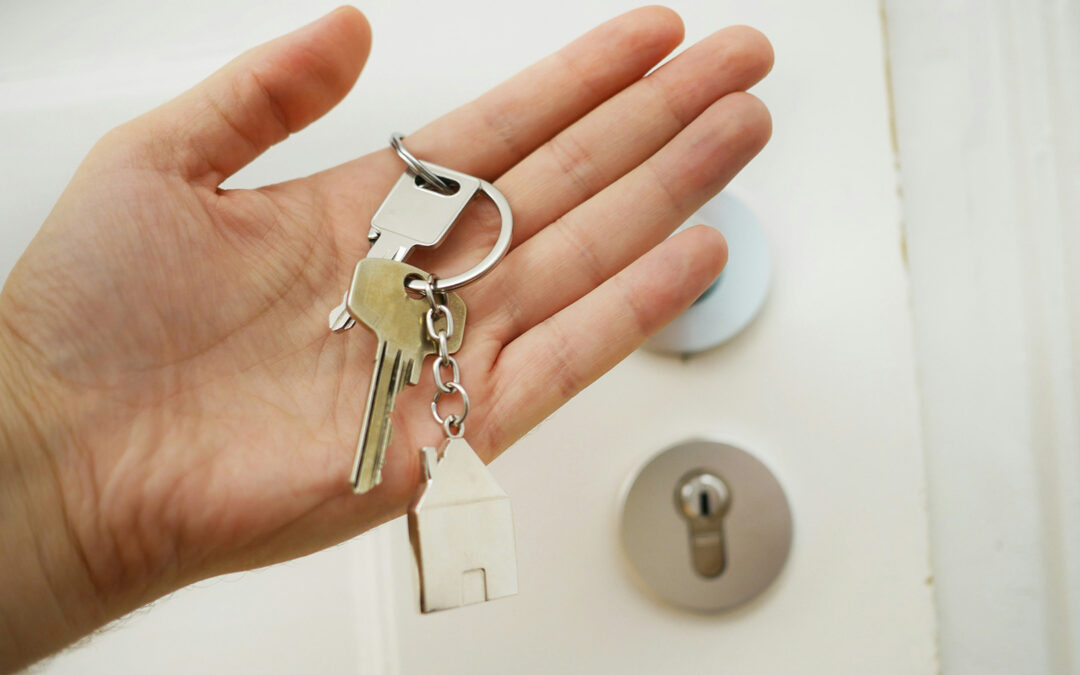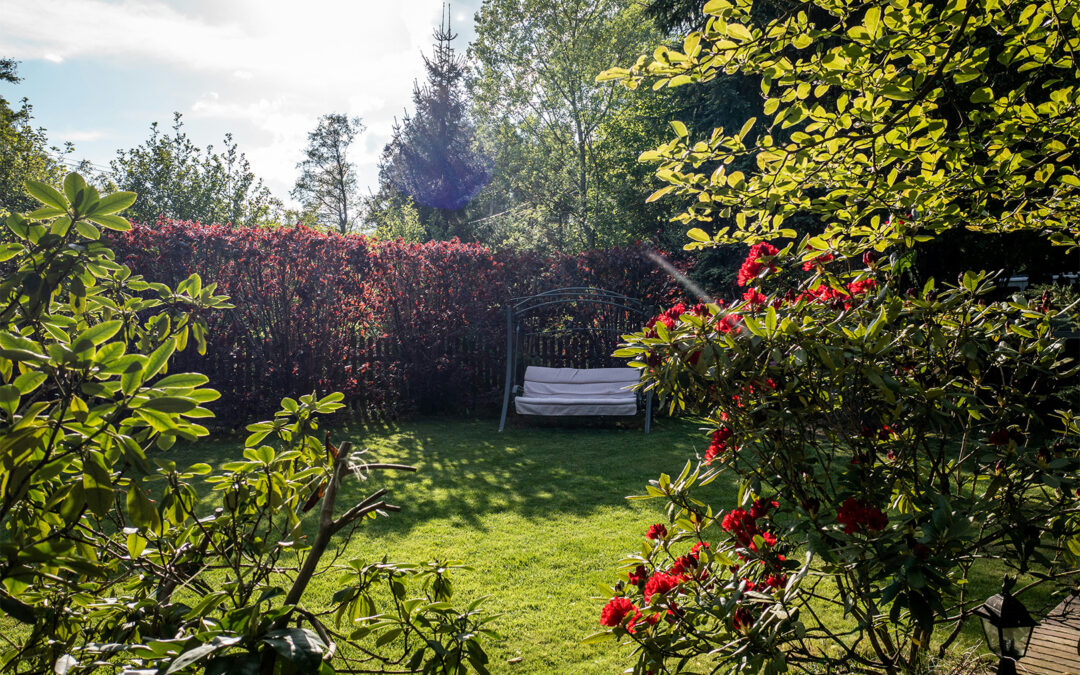Home improvements are big business, with millions of homeowners opting to extend or upgrade their homes.
Since 2013, some £40 billion has been spent on home improvements, according to research by NAEA Propertymark (formerly known as the National Association of Estate Agents), with redecorating, new flooring and garden landscaping the most popular options.
Only 11 per cent of home-improvers have paid out for that most traditional British add-on – the conservatory – spending an average of just over £4,300.
But that is not to say that conservatories have gone out of fashion. They have been regarded as desirable since Victorian times and as oases of calm and tranquillity within a home, they are still holding their own in the 21st Century.
“They are a relatively easy way of adding light to a property, and if they can get too hot in high summer, they really come into their own in the spring and autumn, enabling owners to enjoy a sense of the outdoors without having to go outside,” says Louis de Soissons, Head of Savills Residential, Norwich. “They also add value to a property and increase its saleability.”
Exactly how much value a conservatory adds obviously depends on the quality of the conservatory and the type of location of the property. A study by Towergate Insurance in 2017 suggests that a conservatory adds around five per cent to the value of a property, compared with the 15 per cent uplift generated by a loft conversion.
That figure of five per cent is regularly cited, although Savills has put a figure as high as 12 per cent on high-quality conservatories in prime London properties.
Whether you are wanting to add value to your property, or just create a restful, green space within your home, it is important to set about it the right way. Here are OnTheMarket‘s tips for would-be conservatory-builders.
1. Check whether you need planning permission
Most normal-sized conservatories qualify as permitted development, which gives them the edge over some other extensions. “Conservatories are generally easier to get planning permission for than fixed structures, so they are a good way to add square footage to a property and increase its value,” says James Mackenzie, Head of Strutt & Parker’s country department.
2. If one of your main objectives is to add value to your property, consult local estate agents
They will be a mine of information regarding similar properties with conservatories.
3. Get quotes from more than one company specialising in conservatories
You should also ask to see previous examples of conservatories they have installed in similar properties.
4. Don’t skimp on the costs
Some cheap conservatories may make a property worth less, particularly after a few years’ wear and tear. Depending on the size of your property, you should expect to pay between £4,000 and £10,000 – and be confident of recouping your investment with interest.
5. Make sure your conservatory blends with the rest of the property
If it looks like a clumsy afterthought, it will detract from the whole, rather than add to it. There should be a sense of flow between the different ground-floor rooms.
6. Be wary of installing a conservatory if you only have a small garden
There is a danger of disturbing the balance of a property and putting off future buyers.
7. Pay particular attention to the aspect of your conservatory
A south-facing one will attract more light, but may become too hot for comfort in summer. A north- or east-facing conservatory may lead to you incurring additional heating costs.
8. If you have a big budget and a big property, consider an orangery
Orangeries tend to take up more space than conservatories and, unlike most conservatories, incorporate brick-built walls into their structure. But they offer tremendous scope to green-fingered owners and can greatly enhance the desirability of a property.
9. Treat the plants you grow in the conservatory as integral to the whole project
A well-planted conservatory should be so visually striking that, when you come to sell the property, it will be one of the stand-out features. It is worth taking professional advice on which plants are best suited to your conservatory.
10. Give careful thought to heat retention
Even with double glazing, which most conservatories have, conservatories can lose more heat than other rooms in the house. Possible remedies include blinds and super-thick carpets.
The most important thing to remember about conservatories is that they are not meant to be primarily functional: they are there to be enjoyed. If you take pleasure in your conservatory, future owners are likely to do the same.






